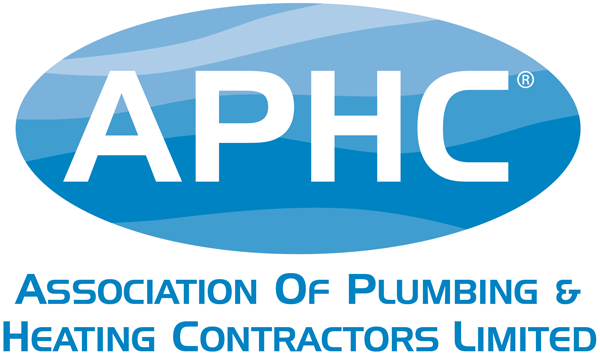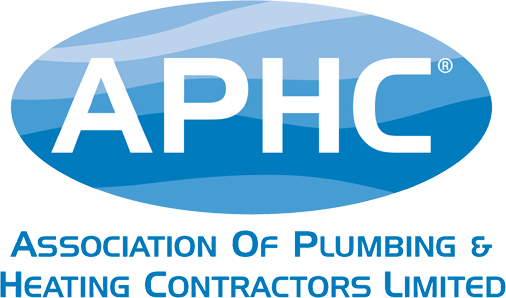Business support announced in the Budget
In the Budget (11 March 2020) the Chancellor announced a package of measures to provide support for public services, individuals and businesses to ensure the impact of Covid-19 is minimised.
A new Coronavirus Business Interruption Loan Scheme, delivered by the British Business Bank, will enable businesses with a turnover of no more than £41 million to apply for a loan of up to £1.2 million, with the government covering up to 80% of any losses with no fees.
For businesses with fewer than 250 employees, the cost of providing 14 days of statutory sick pay per employee will be refunded by the government in full
A dedicated helpline has been set up to help businesses and self-employed individuals in financial distress and with outstanding tax liabilities receive support with their tax affairs. Through this, businesses may be able to agree a bespoke Time to Pay arrangement. If you are concerned about being able to pay your tax due to Covid-19, call HMRC’s dedicated helpline on 0800 0159 559.
There will be a £3,000 cash grant to 700,000 of our smallest businesses, delivered by Local Authorities, and worth a total of £2 billion.
The government is temporarily increasing the business rates retail discount in England to 100% for 2020-21 for properties below £51,000 rateable value.
Plus, a number of private lenders are making funds available to small businesses impacted by Covid-19, including £2 billion from Lloyds Banking Group and £5 billion from NatWest.
Advice for employers and employees
Employers should consider some simple steps to help protect the health and safety of staff.
It’s good practice for employers to:
- Keep everyone updated on actions being taken to reduce risks of exposure in the workplace
- Make sure everyone’s contact numbers and emergency contact details are up to date
- Make sure managers know how to spot symptoms of coronavirus and are clear on any relevant processes, for example sickness reporting and sick pay, and procedures in case someone in the workplace develops the virus
- Make sure there are clean places to wash hands with hot water and soap, and encourage everyone to wash their hands regularly
- Provide hand sanitiser and tissues for staff, and encourage them to use them
- Consider if protective face masks might help for people working in particularly vulnerable situations
- Consider if any travel planned to affected areas is essential
Sick Pay
The workplace’s usual sick leave and pay entitlements apply if someone has coronavirus.
Employees should let their employer know as soon as possible if they’re not able to go to work.
The government has advised that if a person has coronavirus symptoms they should self-isolate for 7 days without going to their GP or calling 111. Employees should receive any Statutory Sick Pay due to them during this period. If the employer offers contractual sick pay, it’s good practice to pay this.
The employee must tell their employer as soon as possible if they cannot work. They should tell their employer the reason and how long they’re likely to be off for.
The employer might need to be flexible if they require evidence from the employee or worker. For example, someone might not be able to provide a sick note (‘fit note’) if they’ve been self-isolating.
If an employee is not sick but their employer tells them not to come to work, they should get their usual pay. For example, if someone has returned from China, Italy or another affected area and their employer asks them not to come in.
Employees are entitled to time off work to help someone who depends on them (a ‘dependant’) in an unexpected event or emergency. This would apply to situations to do with coronavirus. For example:
- If they have children they need to look after or arrange childcare for because their school has closed
- To help their child or another dependant if they’re sick, or need to go into isolation or hospital
There’s no statutory right to pay for this time off, but some employers might offer pay depending on the contract or workplace policy.
The amount of time off an employee takes to look after someone must be reasonable for the situation. For example, they might take 2 days off to start with, and if more time is needed, they can book holiday.
Advice for working onsite or in domestic properties
Currently there isn’t official guidance for working in the homes and properties of customers. However, it is clear that the general guidance of not shaking hands, keeping a distance and regularly washing hands with hot water and soap will help to reduce the risk. It may also be wise to speak to the customer over the phone prior to each appointment to ascertain the health conditions of occupants and whether they have coughs or temperature.
Advice for dealing with your customers
If you have work scheduled in and are receiving enquiries, continue to service these as normal but advise that you will adhere to future guidance from government and that you will keep them informed of any changes to your work scheduling.
Customers may request to cancel work, so check-up on your terms and conditions of business and adhere to them, however it may be good practice to be flexible in terms of rescheduling work should a customer request this.
Support for those affected by Covid-19
Yesterday the government moved into the Delay stage of managing the Covid-19 and are advising that people who develop new continuous coughs and or a high temperature to self-isolate at home for 7 days from when the symptoms started. Click here for more information for people with confirmed or possible Covid-19 infection.
Further government guidelines for those affected by Covid-19 can be found here
Keep yourself informed
Keep informed through credible and official sources such as the World Health Organization (WHO) and official news channels, such as BBC news.
Free Legal Advice Line for APHC Members
As an APHC member, you have access to a dedicated legal advice line for any further queries or wider legal matters. Call APHC on 0121 711 5030.




